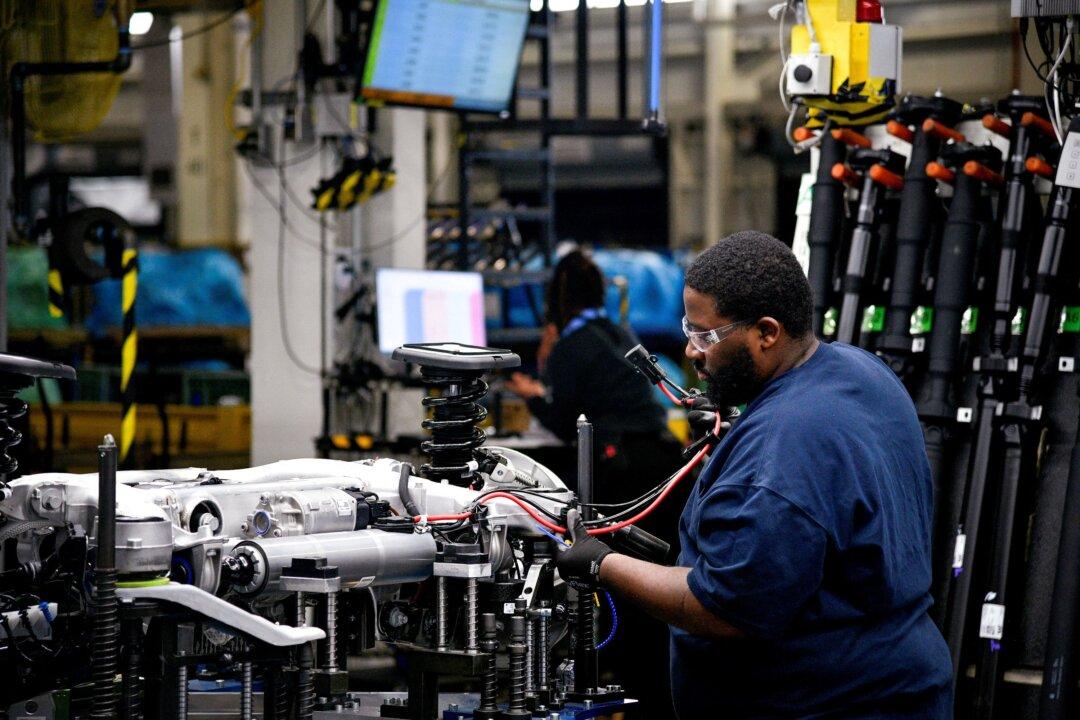The Russia-Ukraine war could shave off up to 15 percent of European car production in the first half of this year, predicts a Wells Fargo analyst, leading to a contraction in availability of new vehicles.
Ukraine is a major supplier of wire harnesses, which are usually one of the first components to be installed in an automobile. A shortage of the material means that vehicle production essentially grinds to a halt.





